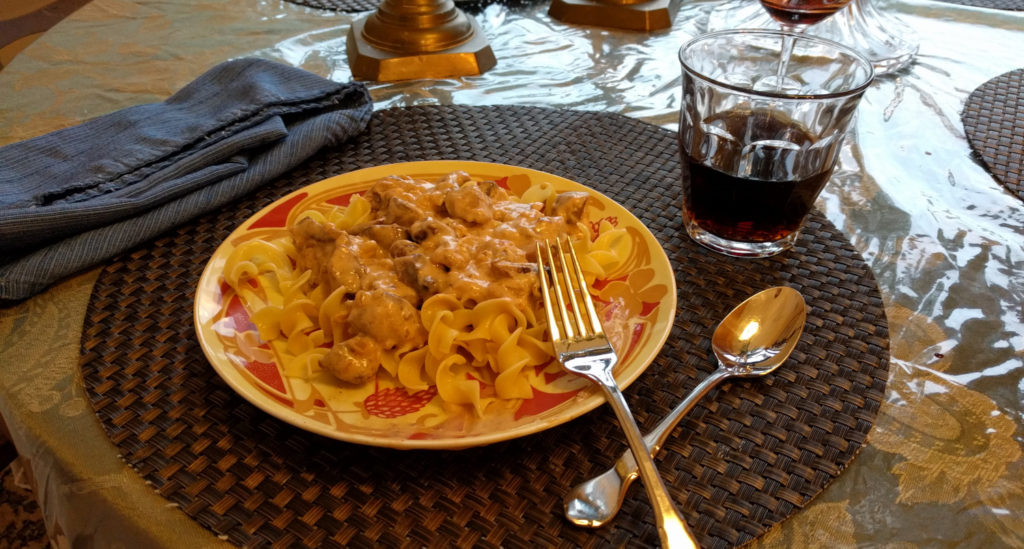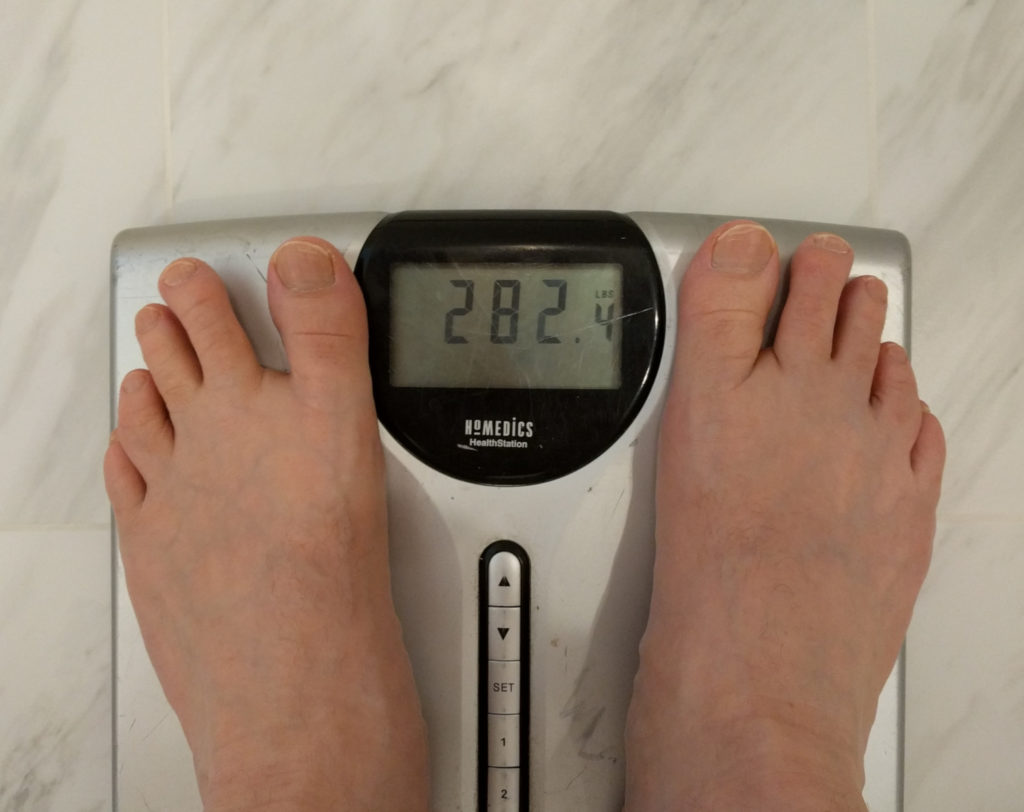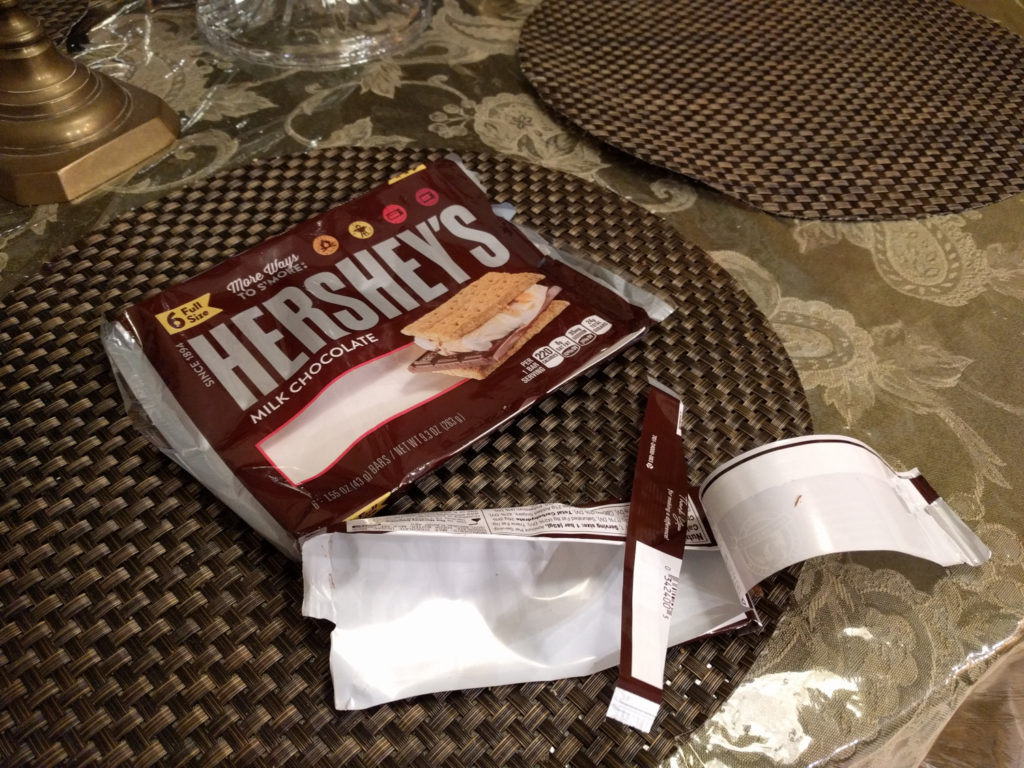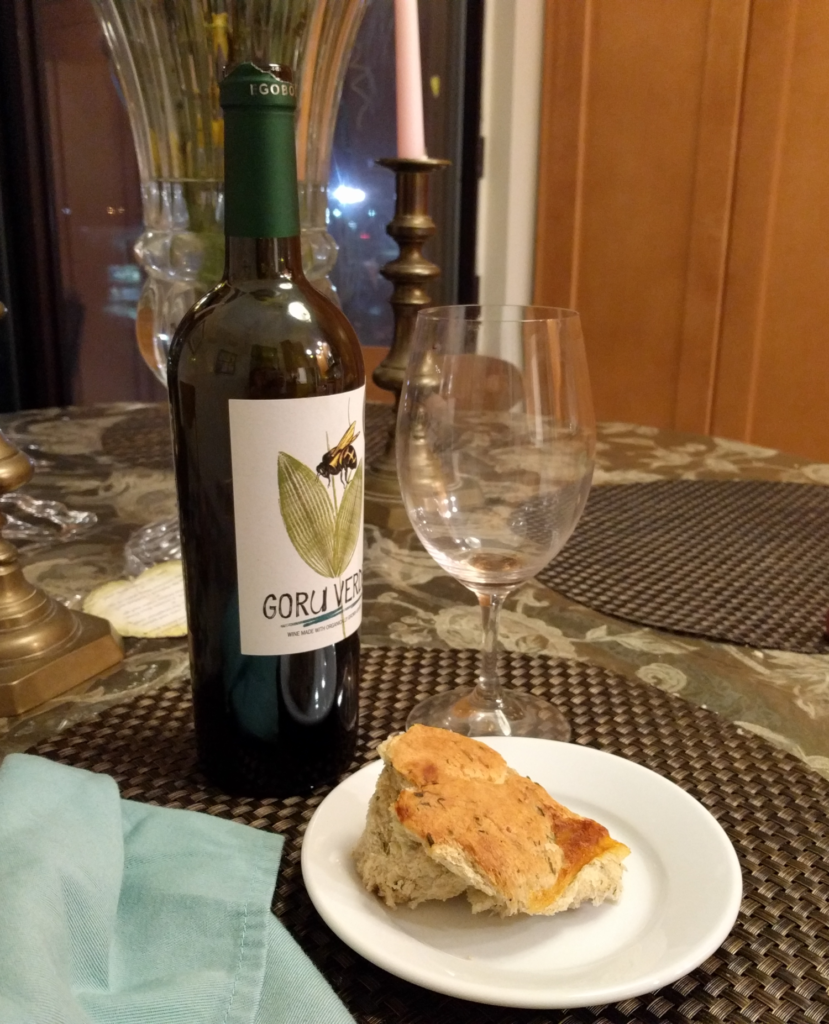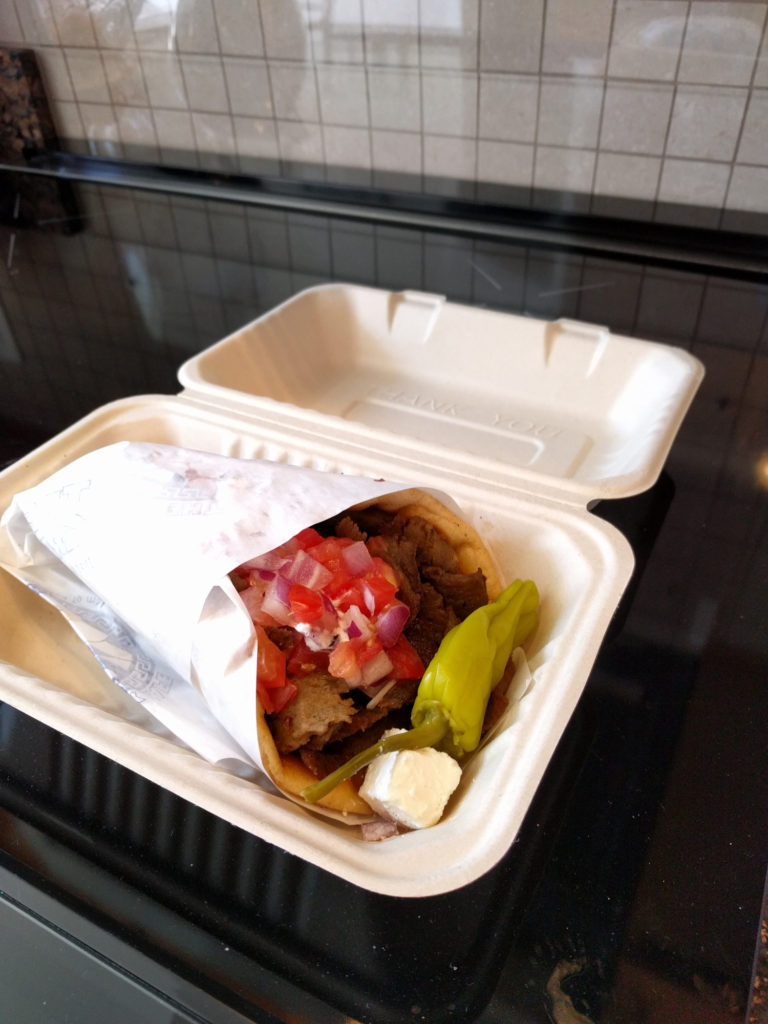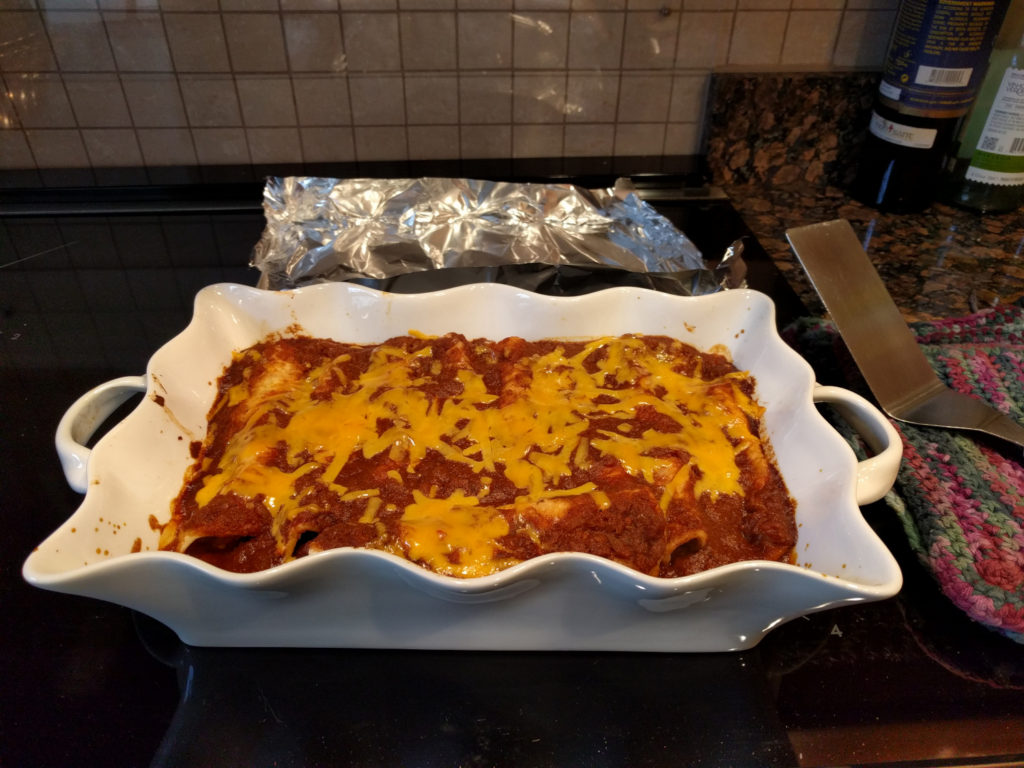Imagine you were helping someone else on a diet and they are letting you down, time after time. How can you trust someone like that? How can you work with them to accomplish the goal? Think of your body as another person you must work with. You need your body and mind to be working together in your new life. You must love yourself, work with yourself, and reward yourself for a job well done. You also must figure out (in consultation with yourself, strange as that may sound) a lifestyle that will make you successful at losing weight, and one that you could enjoy being on for many years. That’s right – if your new lifestyle is enjoyable, losing weight will be enjoyable too. Losing weight will almost seem beside the point.
The new you will have to be discovered. I can tell you about the new me. Unlike my grandfather, who very effectively controlled his food intake by eating a monotonous diet, I am very interested in the different foods I can eat and I want to keep eating them. A lifestyle of eating only broccoli wouldn’t work for me, though I like broccoli (with enough butter and cheese). The new me still values eating as a sensual experience.
What changed? I moved “in control of my food intake” and “I want to be thin” near the top of my moral hierarchy. They are up there now, higher than my desire to be frugal, higher than my desire to save money, higher than my desire to buy a house or a new car. I haven’t saved any money by eating less food, because what I am eating isn’t as cheap, but is more satisfying. You know, my new values are higher in my mind than “I want to eat together with my family”? If they don’t make it home in time for dinner, I eat without them. That sounds terrible, but I am in a serious calorie deficit. By dinner time, I can get seriously grumpy if kept hungry for too long. They wouldn’t like me when I’m grumpy. It’s better if I eat. When they come home, I can serve them, sit with them, and talk to them about their day. Do you see how that works? Being in control of my food intake and being thin are now more important to me than they were before. I sacrificed that old me, and I sacrificed my old values and I will sacrifice eating with my family, if that gets in my way. (There are limits – we’re not the Donner party.)
My aim now is to be in control of my food intake and to be thin. There are many physical and social benefits to being thin and I won’t go into them here; they are well known and I accept most of them. But my new aim is a great moral good that I have brought into my life; I will be responsible for my body and how it looks and I will be proud of it. I am focused on my aim and I will cut off anything that gets in the way (unless it conflicts with a higher value; there are some things even rats won’t do!). Other things, like spending time with my family, are still important. But I fit them in if I can. If it’s work on my food journal, or play with the kids, I complete my journal. It’s that important to me now. I don’t compromise in my new aim. I intend to be like this for the rest of my life, too. It may sound a bit selfish, but my family will benefit from me being a stronger, fitter, and more disciplined person who is living responsibly.
My goal now, when eating, is to be hungry. Using the power of my mind, I have turned hunger from a bad thing into a good thing. Let me explain. Before I changed, I wanted to feel absolutely full after every meal. That was my old goal. Consequence: overweight. My new goal is to have every meal be as enjoyable as possible, while still under control. That goal means that I must be hungry when mealtime comes. Food tastes best when you are hungry. The food has to be worth getting hungry for and has to be truly satisfying my cravings. It has to be just enough to satisfy me and keep me happy until the next meal. I have found this arrangement works for me, if the food is worth it. This brings me to rewards.
Reward yourself for doing a good job. Your body will love you for it. Make promises to yourself and keep them. Build your trust in yourself and your abilities. Each 10 pounds I lose gets rewarded. I reward myself with special foods. Do you see how the new me has a system that reinforces itself? The special food is the ultimate in “worth waiting for”. I will prepare by getting hungry; I will take my time and enjoy it; I will eat just enough so I will be hungry for the next meal. I admit that if the reward is an Indian buffet lunch, the next meal might be breakfast. But I will be hungry for it.
What if I have a bad day or fall back into my old thinking? What if I get too hungry, overeat, ruin my plan? Well, I don’t punish myself, ever. I try to learn why I did that. What was different about today? Did I get cold, did I have some emotional stressor, was I tired? Was I not planning my meals out? I learned that I need to have the foods I am craving in the house and ready. When I get hungry, it gets very urgent, and I really resent eating things I don’t really want. My old habit was to cook lots of extra food and eat the leftovers as lunch. Quantity was the goal. Now I want quality, and if all there is to eat is leftovers I don’t really want, I get resentful. Maybe rebellious. I am not satisfied, after the sacrifice I made! So I rebel.
So don’t punish yourself. Try to learn. Tomorrow is a new day. Losing weight is a matter of average calorie intake, week by week and month by month. Leave your anger and disappointment at yourself behind. It’s better to learn to listen and prevent future binging. I pay a lot of attention to what foods I keep around, now. Resentment is destructive.
Create a new life, one that you can be proud of, and enjoy. Who wouldn’t want that?
-The Doctor
